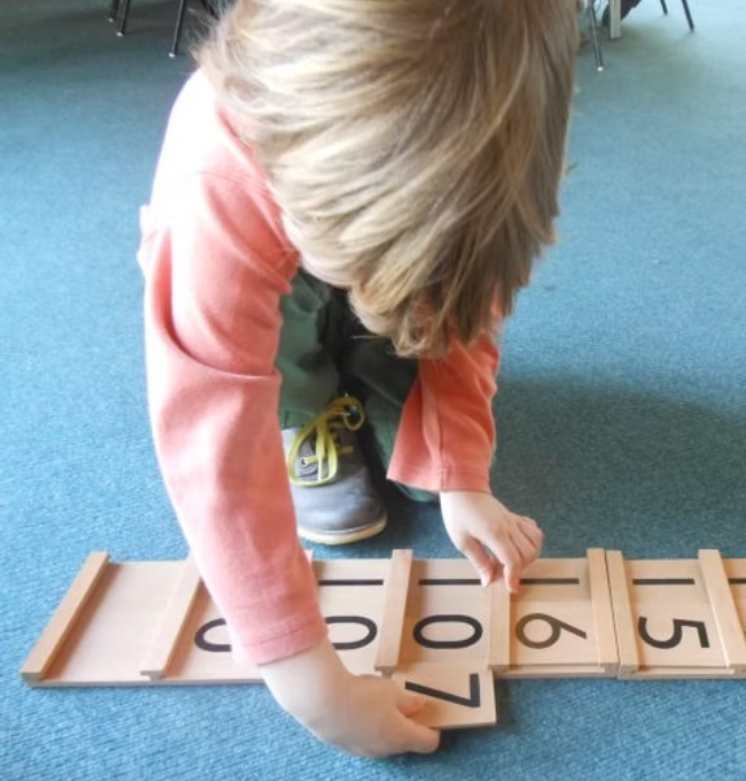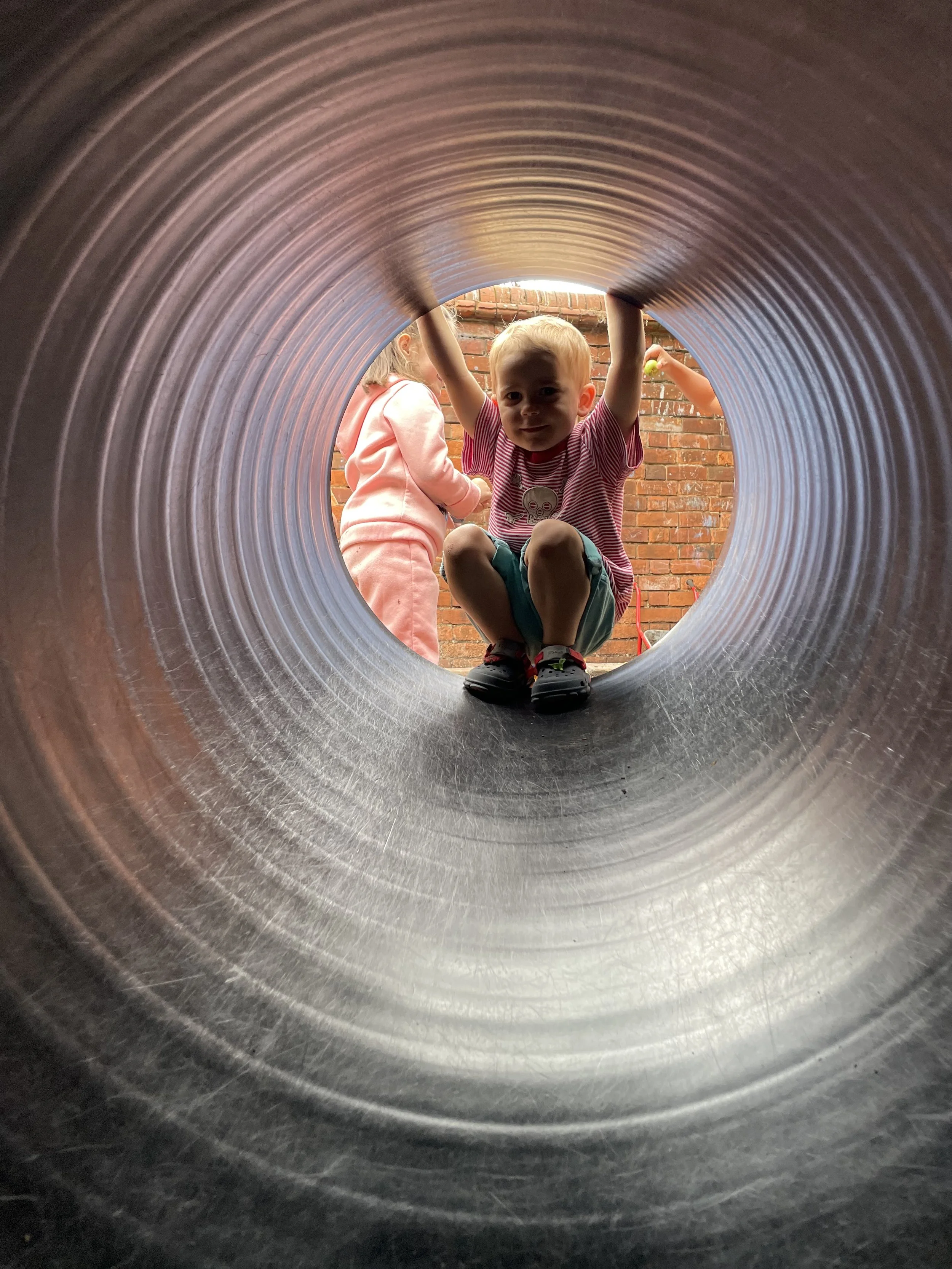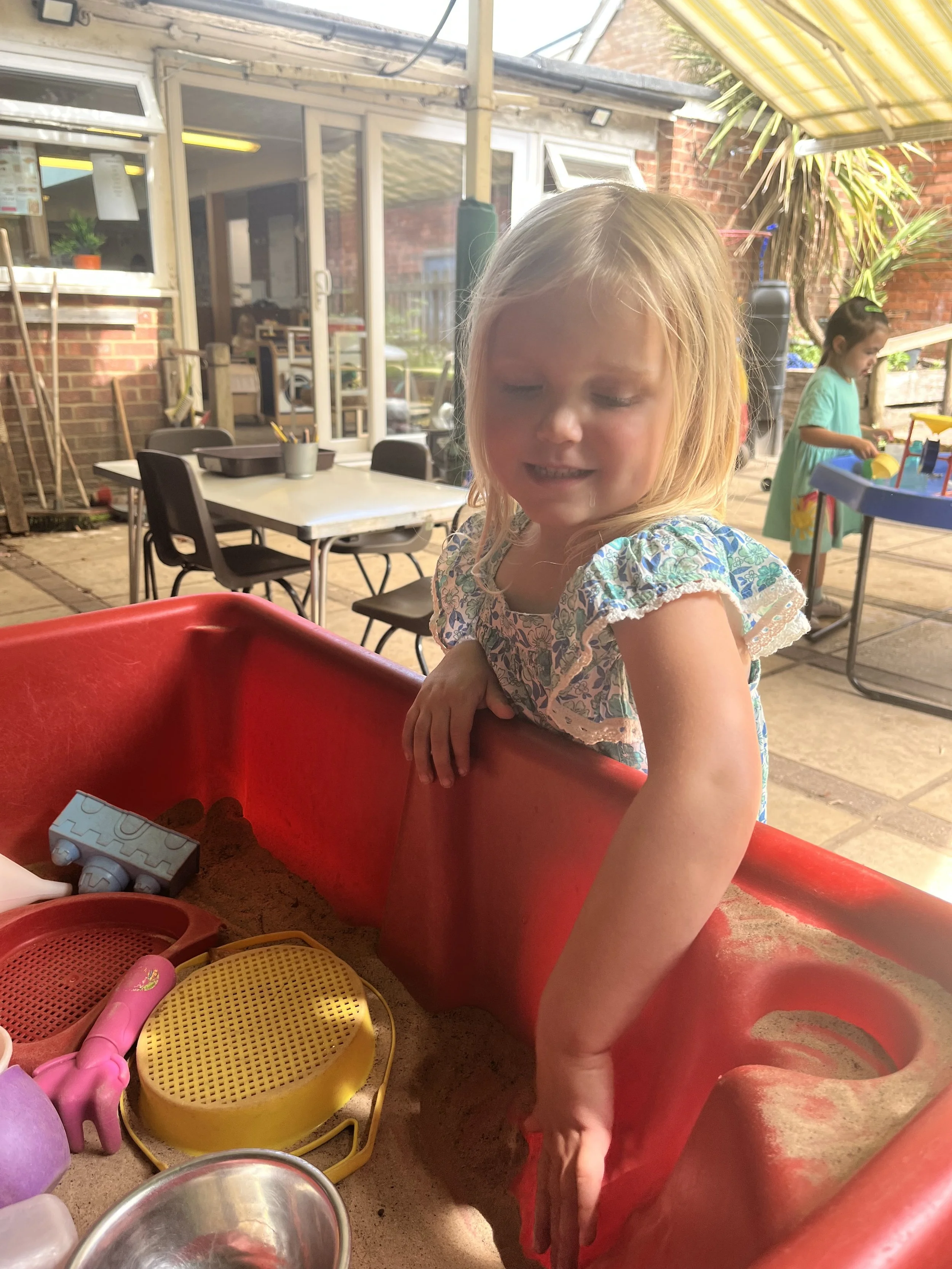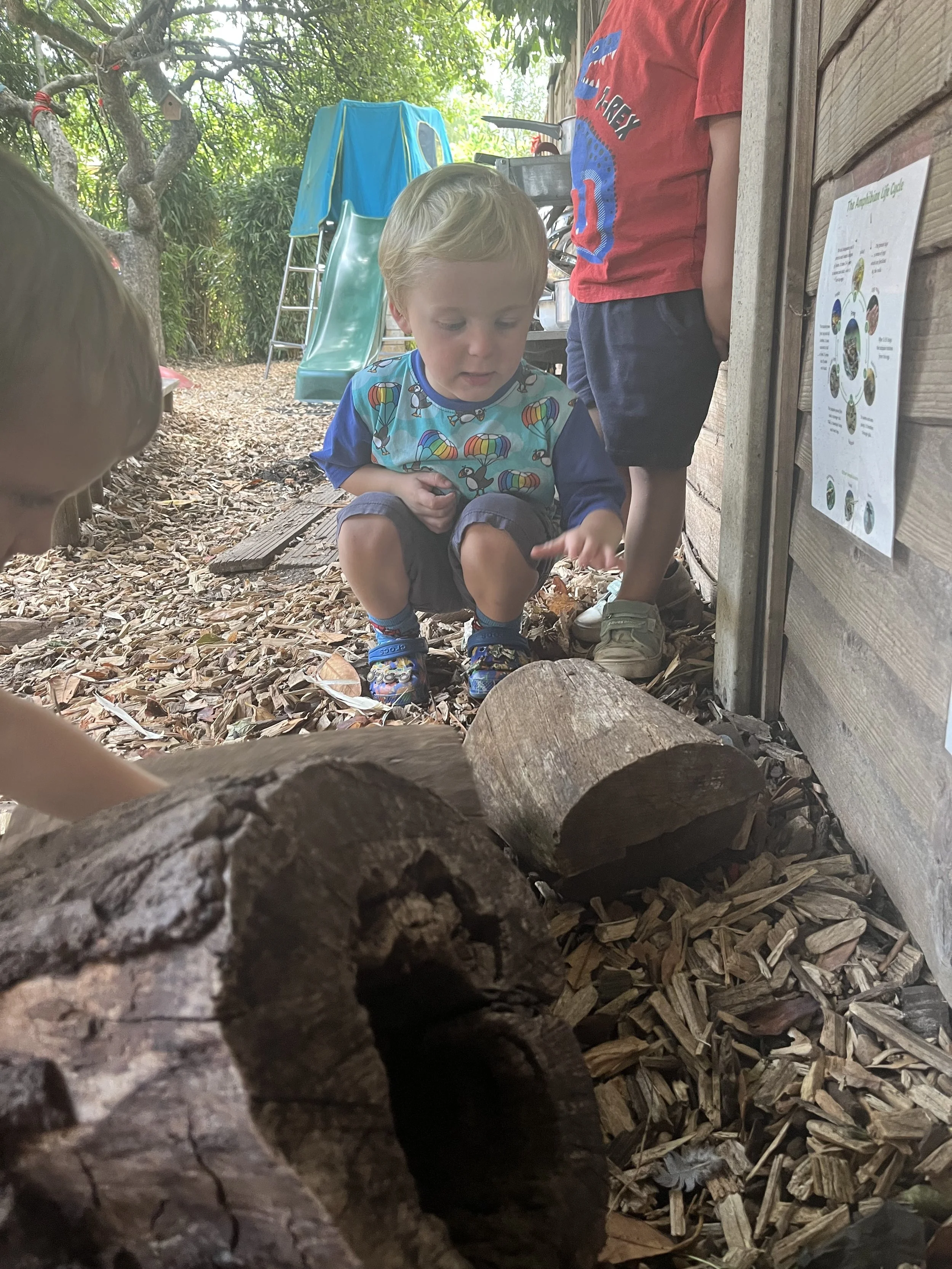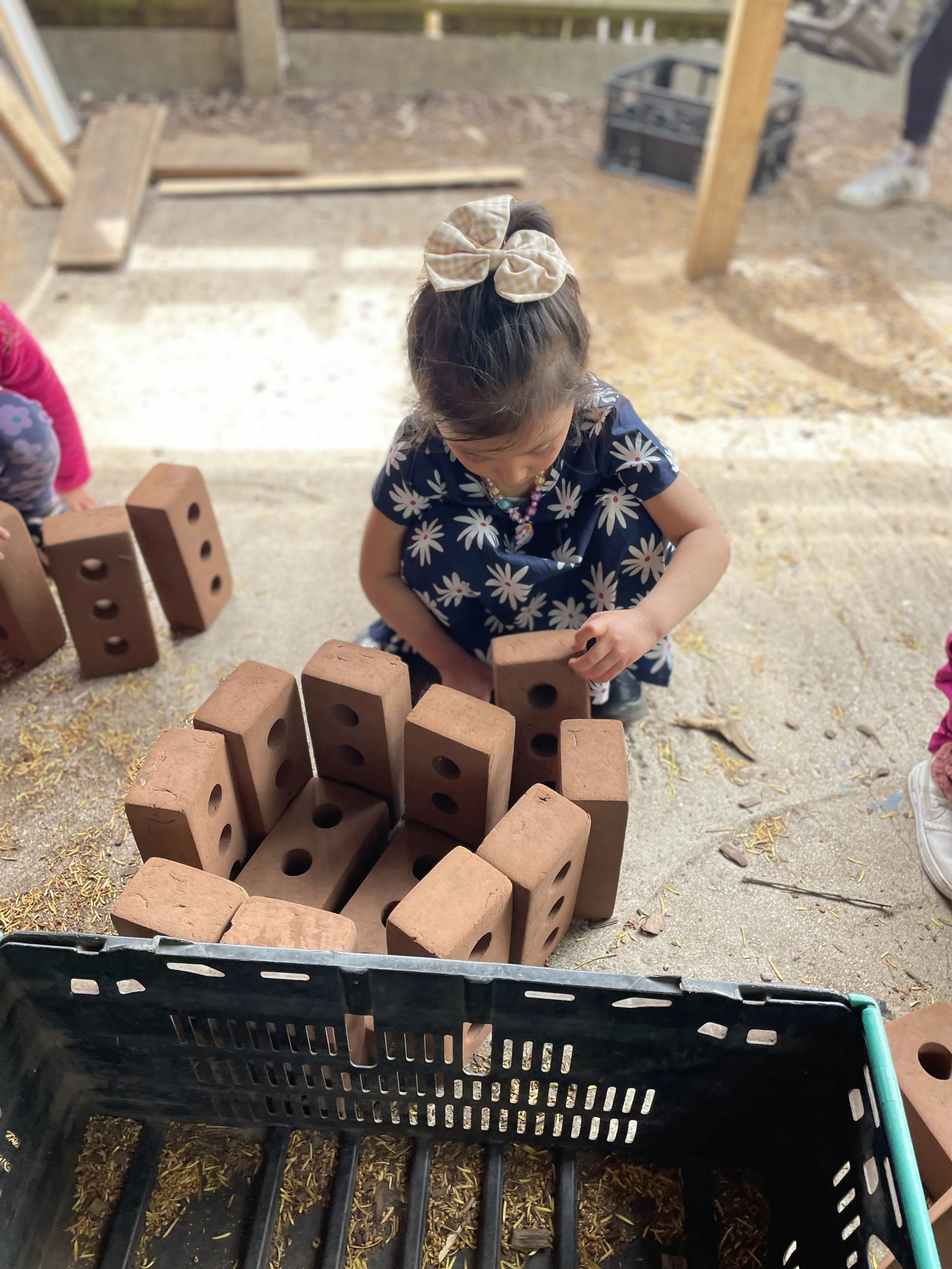The Montessori Method
Who was Maria Montessori?
Dr. Maria Montessori (1870-1952) was a pioneering Italian physician and educator who revolutionized early childhood learning. As Italy's first female medical doctor, she initially worked with children with special needs and those from disadvantaged backgrounds. Through careful observation and scientific study, she developed what we now know as the Montessori Method.
Her groundbreaking approach proved so effective that it transformed education worldwide. Dr. Montessori discovered that all children possess an innate desire to learn, and her method unlocks this natural potential. Today, her educational philosophy continues to shape how we understand child development and learning.
The Montessori Approach
At the heart of the Montessori philosophy lies a simple yet profound truth: children are natural learners who thrive when given the right environment and guidance. Dr. Montessori identified specific developmental stages, each requiring carefully prepared learning environments and specially trained teachers.
In our Montessori classrooms, children become active participants in their own education. The teacher serves as a guide, connecting each child with materials and experiences that match their developmental needs. This approach nurtures independence, concentration, problem-solving skills, and social awareness.
When you visit a genuine Montessori environment, you'll witness something remarkable: children working independently, thinking critically, and helping one another naturally. They develop not just academic skills like reading and mathematics, but also perseverance, decision-making abilities, and a genuine love of learning.
At Little Tots, we honor these principles by guiding each child through their unique educational journey with care, respect, and understanding.
The Absorbent Mind
Young children possess what Dr. Montessori called the "Absorbent Mind" – an extraordinary capacity for learning that is most powerful in the early years. Just as a sponge naturally soaks up water, a child's mind effortlessly absorbs information from their surroundings.
Consider how naturally a toddler learns language – without formal lessons or conscious effort, they master complex grammar and vocabulary simply through exposure and interaction. This remarkable ability extends to all areas of learning when children are provided with rich, purposeful environments.
The Montessori approach harnesses this natural learning power by creating carefully prepared spaces where children can explore, discover, and learn through all their senses. This makes learning both joyful and deeply meaningful for young minds.
Montessori Activities
Our Montessori classrooms are thoughtfully organized into four key learning areas, each designed to support different aspects of your child's development:
Practical Life
These foundational activities help children develop confidence and independence through meaningful, real-world tasks. Children practice essential life skills like buttoning clothes, polishing objects, and caring for plants – activities that build concentration and self-esteem.
Our practical life area includes opportunities for children to engage in purposeful work such as food preparation, cleaning, and organizing. Through these activities, children develop fine motor skills, learn to follow sequences, and gain a sense of accomplishment and belonging in their community.
These experiences teach children that they are capable individuals who can contribute meaningfully to their environment.
Sensorial
The sensorial materials are carefully designed learning tools that help children refine their senses and understand the world around them. Each piece of equipment isolates a specific concept – such as size, texture, color, or sound – allowing children to explore and master one idea at a time.
What makes these materials special is their built-in "control of error" – children can independently recognize and correct mistakes, promoting self-confidence and reducing dependence on adult approval. Through hands-on exploration, children develop observation skills, logical thinking, and precise vocabulary.
These experiences lay the groundwork for later academic learning while fostering independence and concentration.
Language
Our language program begins with rich oral experiences and progresses naturally to reading and writing. Children start with listening games and phonetic awareness activities, then move to tactile letter exploration using sandpaper letters that engage multiple senses.
The Montessori approach to language is phonetic and systematic, helping children understand how sounds create words and words create meaning. Children build vocabulary through concrete experiences and storytelling, developing both communication skills and a love of literature.
This carefully structured progression ensures that each child develops strong language foundations at their own pace, building confidence and enthusiasm for communication.
Mathematics
Mathematics in Montessori begins with concrete, hands-on experiences that make abstract concepts tangible and understandable. Children explore quantity, sequence, and mathematical relationships through beautiful, precisely designed materials.
Starting with simple counting and number recognition, children progress to understanding mathematical operations through manipulation of concrete materials. They develop number sense, problem-solving skills, and logical thinking while discovering the patterns and relationships that make mathematics meaningful.
Children also explore geometry, measurement, and spatial relationships through practical activities and specialized materials. This foundation builds confidence and understanding that supports later mathematical learning while fostering analytical thinking skills.


